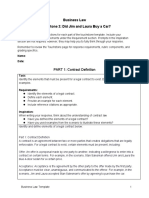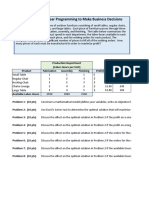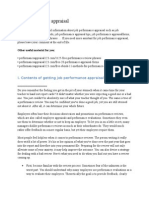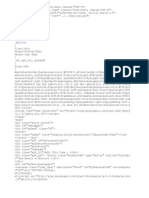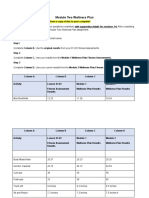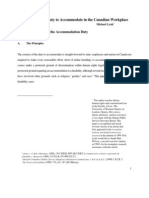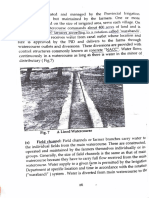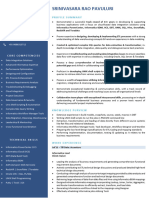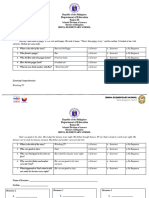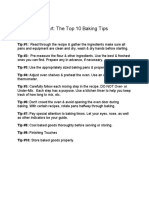0% found this document useful (0 votes)
83 views6 pagesPsyc 1504 - Written Assignment Unit 2 Solution
Uploaded by
lubuto1976Copyright
© © All Rights Reserved
We take content rights seriously. If you suspect this is your content, claim it here.
Available Formats
Download as PDF, TXT or read online on Scribd
0% found this document useful (0 votes)
83 views6 pagesPsyc 1504 - Written Assignment Unit 2 Solution
Uploaded by
lubuto1976Copyright
© © All Rights Reserved
We take content rights seriously. If you suspect this is your content, claim it here.
Available Formats
Download as PDF, TXT or read online on Scribd
/ 6



